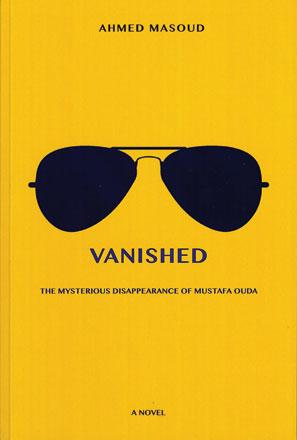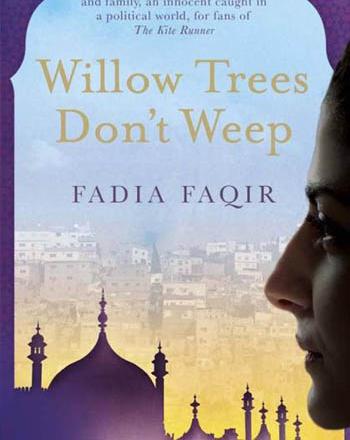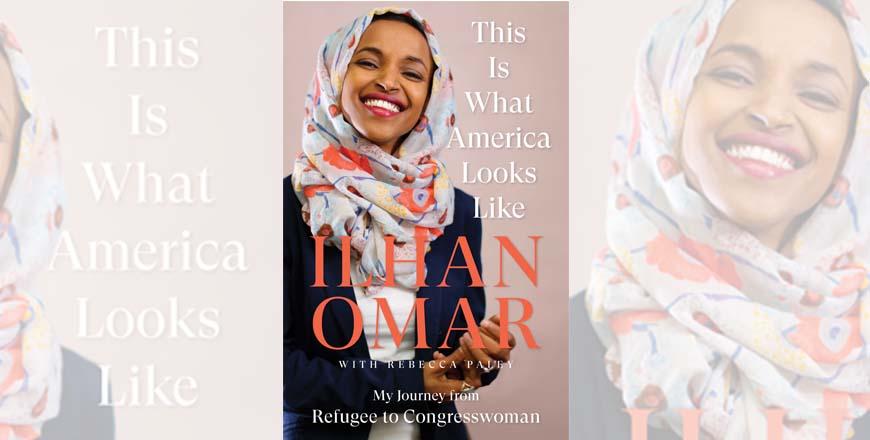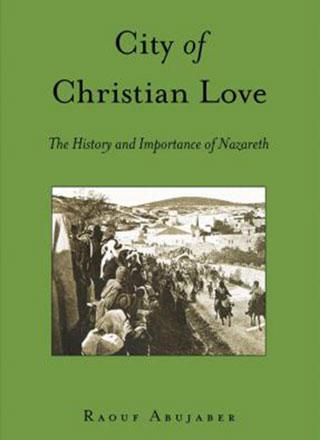You are here
Hard choices in a land of hardship
By Sally Bland - Sep 13,2015 - Last updated at Sep 13,2015

Vanished: The Mysterious Disappearance of Mustafa Ouda
Ahmed Masoud
Cyprus: Rimal Publications, 2015
Pp. 204
The very name Gaza brings to mind the hardships its inhabitants have to deal with, chiefly Israeli aggression and occupation, and the resulting poverty, devastated infrastructure and crowdedness. Palestinian author Ahmed Masoud conveys a vivid sense of these problems and how Gazans tackle them by letting Omar Ouda, the main character in “Vanished”, narrate his life, a life which is framed by incredibly difficult choices.
Perhaps the most insidious aspect of the occupation is that by controlling Palestinians’ lives at every turn, it whittles down their choices. None of the choices open to Omar are good, and sometimes there is no choice at all.
Omar wants to be just like any other boy, like, say, his best friend, Ahmed, whose life is also limited by the hardships of Jabalia Camp, but who has a close-knit, loving family to protect him and anchor his identity. In contrast, Omar’s family is a source of puzzlement and anxiety because his father is inexplicably absent. He has a guardian, his uncle, but Uncle Attiya deals harshly with the boy.
While Omar’s mother cares for and loves him, she will not answer his burning questions about his father. “Perhaps this is what pushed me to proclaim myself the youngest detective in the Jabalia Camp at the age of eight.” (p. 15)
Omar’s decision to make finding his father his top priority drives the plot and leads him into danger, unsolvable dilemmas and a maze of terrible family secrets.
The “detective work” Omar embarks on in 1989 soon runs into a dead end. Only Um Marwan, the woman next door, tells him something useful: that his father was “the most educated man in the whole of the neighbourhood, with a Master’s in Arabic Literature from Cairo University at a time when most people around him rarely finished high school”. (p. 21)
This information pushes Omar to excel in school, despite frequent disruptions and closures, and eventually to enrol in university, but it is not enough to satisfy him. In desperate naiveté, he contacts the Israeli general in charge of Jabalia, who is more than happy to exploit a young boy’s longing for his father. Thus begins Omar’s double life, which distances him even more from the normality he seeks.
The novel is narrated by the adult Omar who by now lives in London with his British wife and their four-year-old son, Mustafa, named after his missing grandfather. When Israel unleashes its horrific war on Gaza in the summer of 2014, Omar feels compelled to go home.
Thinking that something may happen to him on the trip, he starts a letter to his son, explaining his life, as he boards the plane to Cairo. His motivation for writing is clear: “I spent my whole life wondering where my father was, and I don’t want the same to happen to you… I leave it to you to judge whether I was a coward or not, but please remember that I had no choice in all of this.” (p. 13)
Masoud deftly alternates the stages of Omar’s journey in now-time with the gradual unfolding of his past, rounding out the characters and conveying how Palestinians experienced the tumultuous events from the late 1980s onwards. Omar recounts personal as well as collective experiences, from his youthful exuberance while throwing stones at Israeli soldiers during the Intifada, to his mixed feelings about the Oslo accords and their aftermath.
While his reactions seem typical of his peers, for Omar things are always doubly conflicted. His political ideas and personal feelings fluctuate, governed by his obsession with his absent father and the choices he made as a child.
Masoud is skilful at building up suspense; he drops no early hints of what happened to Omar’s father. On the contrary, he throws out a lot of misleading clues. In the end, the nature and role of several pivotal characters turn out to be totally different from what Omar (and the reader) have imagined. Good guys turn out to be bad guys, and vice versa.
Only the soldiers of the occupation stay the same. This is a story about the immorality of the occupation and the resilience of a young boy. It is also a case study in how adults should not treat children, yet hope springs from Omar’s decision to break the cycle which made his growing up so conflicted, by being honest to his son. Finally, he has the chance to make a good choice, but only when he no longer lives in Gaza.
Related Articles
Najwa, the protagonist of “Willow Trees Don’t Weep”, is a bundle of contradictions like the world around her.
This Is What American Looks Like: My Journey from Refugee to CongresswomanIlhan Omar with Rebecca PaleyLondon: Hurst & Co., 2020Pp.
City of Christian Love: The History and Importance of NazarethRaouf AbujaberNew York: Peter Lang, 2017Pp.


















